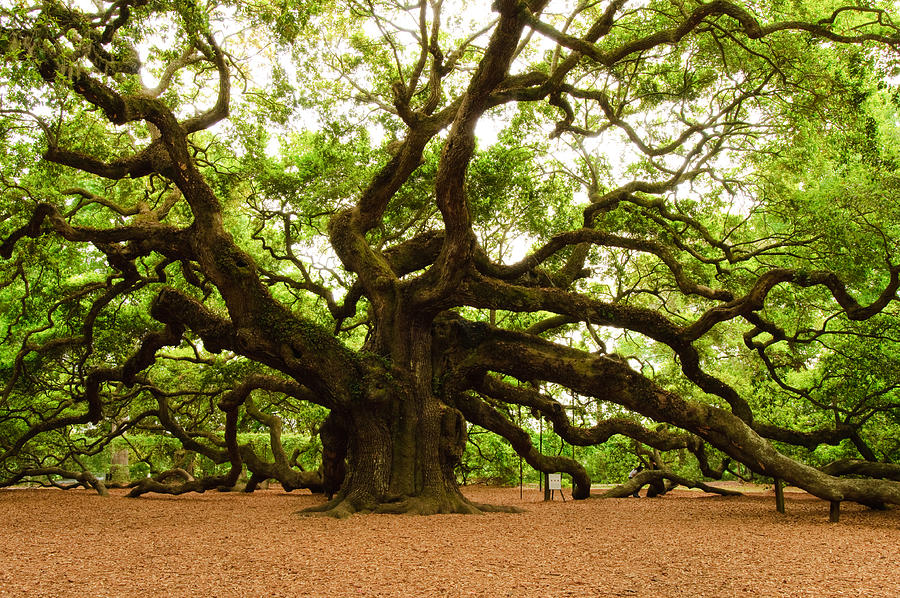Parable of the Sower mentions race casually but matter of factly. Lauren's well aware of what others think of her appearance, even pulling a Rosalind from
As You Like It and dressing up as a man for safety while traveling, seemingly confident that her race both immediately allies her with other minorities and jeopardizes her safety with whites. For example, this line highlights the apparent continued disparity of respect and community between the races: "Of course, it didn't help that he was black. Being white might help you win people over faster than he did" (Butler 320). I don't know how much of this concept and issue of racism and/or prejudice stems from the reality of it during the time this book was written, but I feel that it serves to highlight the importance of each characters' background. The final symbolism of each character "find[ing] the words" to represent those they've lost, and therefore their roots, solidifies the new age dawning, rising from the ashes of a burning world, to create a community of Earthseed (Butler 327).
Her race is neither given entirely as a hindrance or a benefit; instead, it enables readers to see the amount of distrust and displacement all of the survivors in this world face. Shared skin enables a more immediate reliable relationship, and seeing how Lauren's neighborhood was predominantly black, it's fascinating to see how her hodgepodge group of budding 'Earthseeders' has all types of people - blacks, whites, Hispanics, etc. The world is changing, and so is their identity and 'religion'. Despite this, up through the final chapter of the novel, Butler includes this quiet-and-consistent detail of race, and it's one of the only times any of the utopias we've read do so. Earthseed is change, but it's also inspired by the people who follow it and dream for the stars - distant but free, where there is light and dark and hope rising from the chaos of a burning, distrustful, and broken world.
 |
| https://images.fineartamerica.com/images-medium-large-5/angel-oak-tree-2009-louis-dallara.jpg |

